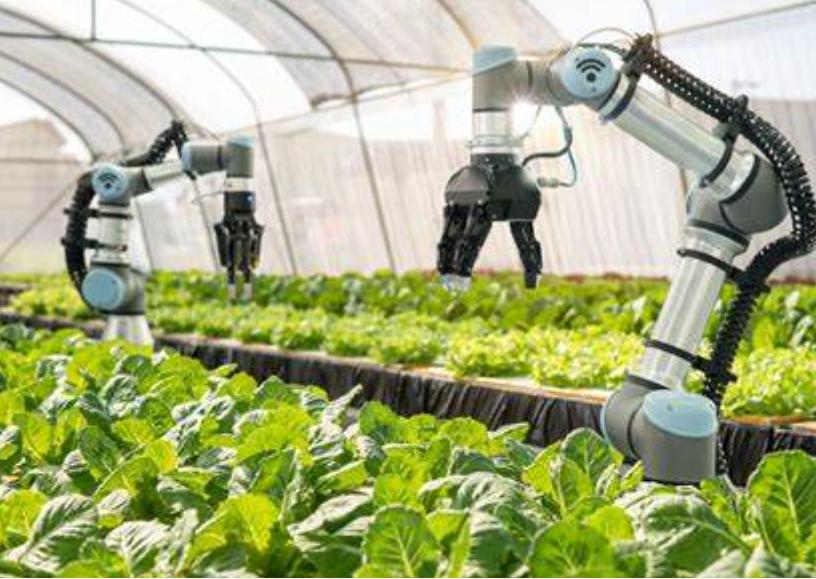Food is one of the most fundamental aspects of human life, yet the way we produce, distribute, and consume it is undergoing a radical transformation. From lab-grown meat to AI-driven agriculture, technology is reshaping the food industry in ways that were once unimaginable. These innovations are not just about convenience or novelty—they’re about addressing critical challenges like food security, sustainability, and health. This article explores how technology is revolutionizing what we eat and what it means for the future of food.
One of the most groundbreaking advancements in food technology is lab-grown meat, also known as cultured or cell-based meat. By growing animal cells in a controlled environment, scientists can produce meat without the need for raising and slaughtering livestock. This innovation has the potential to reduce the environmental impact of meat production, which is a major contributor to greenhouse gas emissions, deforestation, and water use. Companies like Memphis Meats and Mosa Meat are leading the charge, with products that promise the taste and texture of traditional meat but with a fraction of the ecological footprint.
Plant-based alternatives are also gaining traction, offering sustainable and ethical options for consumers. Brands like Beyond Meat and Impossible Foods are using advanced food science to create plant-based burgers, sausages, and even seafood that mimic the taste and texture of animal products. These alternatives are not just for vegetarians—they’re appealing to a growing number of flexitarians who want to reduce their meat consumption without sacrificing flavor. With advancements in ingredient technology, such as heme (a molecule that gives meat its flavor), plant-based foods are becoming indistinguishable from their animal-based counterparts.
Technology is also transforming agriculture, making it more efficient and sustainable. Precision farming, powered by IoT sensors, drones, and AI, is enabling farmers to monitor crops in real-time, optimize water and fertilizer use, and predict yields with unprecedented accuracy. For example, AI algorithms can analyze satellite imagery to detect crop diseases early, allowing farmers to take action before significant damage occurs. Similarly, vertical farming—growing crops in stacked layers indoors—is using LED lighting and hydroponics to produce food with minimal land and water use, even in urban environments.
The way we distribute and access food is also changing, thanks to technology. Online grocery platforms and food delivery apps are making it easier than ever to access fresh, healthy food, even in remote areas. Blockchain technology is being used to improve food traceability, ensuring that consumers know exactly where their food comes and how it was produced. This transparency is not only building trust but also encouraging more sustainable and ethical practices across the supply chain.
Personalized nutrition is another exciting frontier in food technology. By analyzing genetic, metabolic, and lifestyle data, companies are creating customized meal plans and supplements tailored to individual needs. For example, startups like Habit and Nutrigenomix use DNA testing to provide personalized dietary recommendations, helping people optimize their health and prevent chronic diseases. This shift toward personalized nutrition is empowering consumers to take control of their health and make more informed choices about what they eat.
Despite its potential, the future of food technology also raises important ethical and societal questions. For instance, will lab-grown meat and plant-based alternatives be accessible to everyone, or will they remain a luxury for the wealthy? How do we ensure that technological advancements in agriculture benefit small-scale farmers and not just large corporations? Addressing these challenges will require collaboration between governments, businesses, and consumers to create a food system that is equitable, sustainable, and resilient.
The future of food is being shaped by technology in ways that are both exciting and transformative. From lab-grown meat and plant-based alternatives to precision farming and personalized nutrition, these innovations are addressing some of the most pressing challenges of our time. As we continue to explore the possibilities of food technology, the challenge will be to ensure that it benefits everyone, from farmers to consumers, and that it contributes to a healthier, more sustainable planet. The way we eat is changing—and the future looks delicious.
